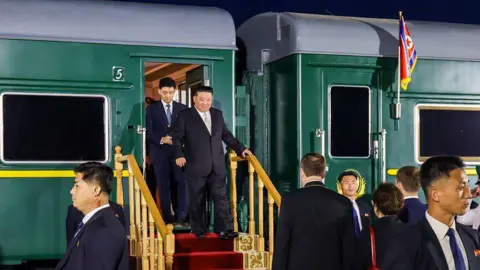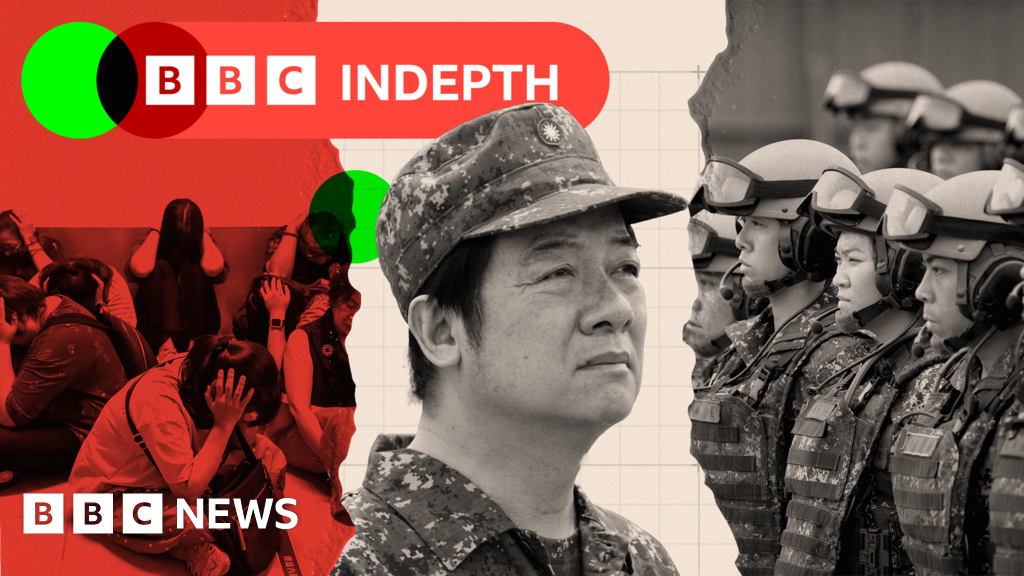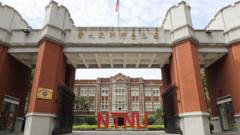The early outcome of Taiwan's "Great Recall" vote, the first of its kind aimed at unseating politicians linked to China, suggests that all targeted Kuomintang lawmakers will retain their positions. Conducted amidst heightened political tension, the vote saw participation from thousands of citizens across 24 districts, all previously represented by opposition members.
The recall movement, driven by the civic Bluebird initiative, aimed to challenge the influence of the Kuomintang, which has drawn criticism for its connections to China. However, preliminary results indicate that a majority of voters opted against removing their representatives, reinforcing the opposition's existing dominance in the Legislative Yuan.
Historically, prior to this mass recall effort, Taiwan had conducted isolated recall elections, making this sweeping initiative particularly notable. As votes continue to be finalized, observers are considering how these results will affect Taiwan's political landscape, particularly in light of ongoing tensions between the opposition and the ruling Democratic Progressive Party (DPP).
The political context of the recall dates back to the January 2024 elections when the DPP's William Lai secured the presidency while the Kuomintang maintained a significant parliamentary presence. This situation has spawned accusations of political maneuvering designed to undermine governmental initiatives. The Bluebird movement emerged in response, mobilizing protests and petitions against lawmakers viewed as pro-China sympathizers.
Public sentiment toward the recall has been deeply divided. Pro-recall advocates argue that the Kuomintang is compromising Taiwan's sovereignty, while opponents claim that the DPP has orchestrated these movements to reshape legislative power in their favor. Voter turnout was crucial, as each district required a majority in favor of recall along with surpassing 25% of registered voters for any seats to be vacated.
As the DPP navigated its way into supporting the pro-recall factions, asserting a commitment to democratic principles, the situation escalated further with accusations from Beijing that Lai's actions are indicative of a dictatorial approach disguised as democratic governance. The outcome of this election not only affects the current legislature but could have long-lasting repercussions for Taiwan's relationship with China and its internal political stability.


















